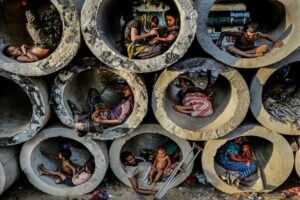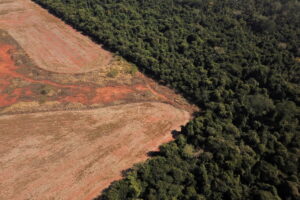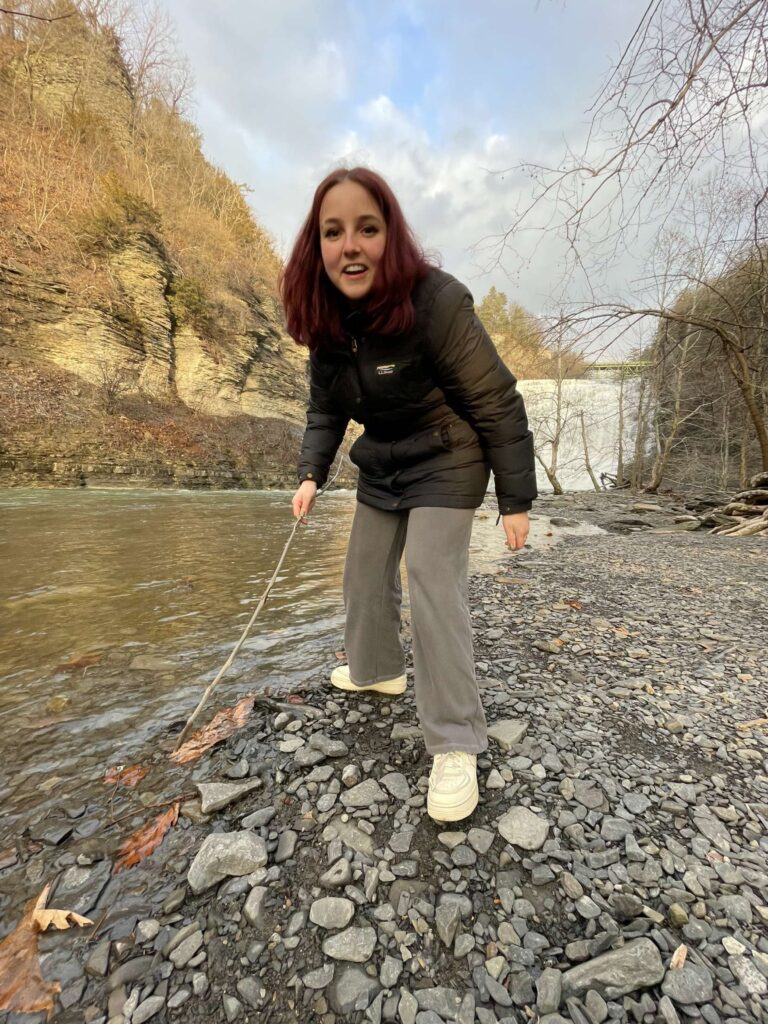As many of my readers know, this semester, I participated in a class where I was able to do research with students from the UAE who attend the American College of Sharjah. It was great to share ideas with students from so many different backgrounds. We studied other nations and how they are trying to achieve the sustainable development goals they have signed onto. I listened to the groups who researched Bangladesh and Brazil for their podcast, and I will talk about Sri Lanka, which is what I studied.
Sri Lanka has made significant improvements towards their sustainable development goals. However, there is still a considerable gap when it comes to gender equality. International social norms that revolve around women that suggest that women belong at home taking care of the family is straight BS. Sadly, thousands of women are still unemployed, participating in hours and hours of unpaid household labor. Women make up 52% of Sri Lanka’s population, but female representation in parliament is only 5.3%. Especially during the pandemic, many people were forced to adapt to work at home or stop working altogether. Sri Lanka’s economic status would be much better if they did not discriminate against women in the workforce. They need to catch up on a considerable number of able workers. The international community can sometimes understand how our countries are interconnected now, and we need to support one another to stay afloat sometimes, so they have responded with aid. India and other QUAD allies have helped Sri Lanka strive for a better economy.
Bangladesh is struggling to improve its low poverty rates, with 12.9% of its population under the extreme povert
y line. The average income is only $2, and the government needs help. Their government is corrupt, and there has been a recent concern from international agencies that that will not change. Bangladesh receives some aid from different NGOs, like the World Bank. Although that has helped their progress significantly, these NGOs have threatened to pull their aid if the corruption and poverty were decreased considerably. Surprisingly, the pandemic did not do as much damage to Bangladesh as it did to
 other countries, and their government has continued to instill different methods to reduce poverty. The government has made progress in unemployment by identifying groups that need support and providing them with supplies and job opportunities they need to continue living. However, the country must learn how to continue on its own because international aid must be something other than a positive source.
other countries, and their government has continued to instill different methods to reduce poverty. The government has made progress in unemployment by identifying groups that need support and providing them with supplies and job opportunities they need to continue living. However, the country must learn how to continue on its own because international aid must be something other than a positive source.
Brazil, on the other hand, is working towards a higher standard when it comes to environmental preservation. With the help of their friends and partnerships, like the other BRICS states, there has been a decrease in deforestation in the Amazon rainforest since 2012. Brazil has been working towards its goals with information campaigns, buying land and preserving it with reservations, rainforest trust, various NGOs, etc. Even with people buying

An aerial view shows deforestation near a forest on the border between Amazonia and Cerrado in Nova Xavantina, Mato Grosso state, Brazil July 28, 2021
plots of the Amazon to maintain, some sneaky companies and people purchase the land and clear it for supplies, land, pastures, and more. Brazil’s Amazon rainforest is crucial for global climate stability, and its preservation is critical to achieving several SDGs related to climate action, biodiversity, and sustainable land use.








Thank you Zoe LaBow for sharing her thoughtful thoughts on her studies and experiences this semester. It’s clear that your participation in teaching kids from a variety of backgrounds about sustainable development goals has been insightful. Your blog article makes it evident that you worked with students from the United Arab Emirates, with a specific emphasis on their sustainable development aims. You talk on Sri Lanka’s accomplishments and obstacles in reaching these objectives, highlighting the ongoing gender disparity in the workforce and the significance of foreign assistance from nations like India.
The piece highlights the diverse obstacles that other countries encounter, which is an intriguing observation. While Bangladesh suffers from tremendous poverty and political corruption, Sri Lanka battles with gender inequality. Brazil, on the other hand, is aggressively attempting to preserve the environment, especially in the Amazon jungle. The variety of these issues highlights how intricate international attempts at sustainable development are.
Building on your talk about Brazil’s environmental conservation initiatives, it’s important to remember that biodiversity preservation and climatic stability depend on the preservation of the Amazon rainforest. Maintaining the fragile balance of this environment requires cooperative efforts and cooperation with groups like the rainforest trust and other NGOs.
Given how intertwined global concerns are, particularly when it comes to sustainable development, how do you see more countries and non-governmental organizations working together to address these issues collectively? In addition, given the variety of problems that exist across nations, how can individuals support or push for constructive change on a global basis?
Thank you for the comment Rakshan! To answer your first question, I think that the UN SDGs has to be taken seriously. Climate change is a universal issue, and countries cannot just save their own territory and expect everything to be fine. There needs to be a partnership mentality when it comes to these intertwined global concern. I think there needs to be more hands on help between states, rather than just money aid. Education is also a very important piece to working together to address these issues. Spreading the message along with the steps to preventing degradation can create change in individuals and communities. Individuals can also make change by working together. There are tons of climate change organizations that are always looking for volunteers, or you can find your own way to spread the message. It is important to always stay educated on what is happening in other international communities, because we only have one planet.
Zoe, this is a very well-thought-out post! I especially appreciated your different takes on the complexity and depth that international factors can add to a state’s accomplishment of SDGs. Especially for your analysis on Sri Lanka, I had never really thought about how sexism and misogyny that occurs throughout the state could be perpetuated by the pretty global idea that women are supposed to be more domestic. In turn, many states use that to oppress women and not allow them to work, or only work specific jobs. This of course would impact the economy, and I appreciate how your analysis acknowledges that addressing the oppression of women is something states really need to consider when thinking of aiding their economy. I also liked the complexity that you brought to even positive international factors, like how Bangladesh receives a lot of aid from NGOs, IGOs, and states alike. Still, if they become too reliant, they’ll develop a dependency issue, which will only end worse for their poverty rates. It is the same thing with Brazil, even with their work with other BRICS states, or other environmentalist NGOs, by allowing for the buying of land for the sake of protecting it, it still opens the opportunity for people to buy and exploit that land. This takes something so positive Brazil had going for its environment and SDG and turns it into something negative. Overall, this is a really deep and complex look at international factors in SDG advancement, thank you!
Zoe, your writing is very well put. I really enjoyed reading this post. Your comparisons of the different goals that nations have, be it Sri Lanka or Bangladesh, who are considerably closer geographically, their focuses are different, yet there is still a global push for monetary aid rather than actual help given to nations in the Global South. Our world is so interconnected, and nations still lack the ability to recognize that financial aid through borrowing and dependency is not the answer to global sustainable development. There is a need for a more hands-on approach between nations, especially those in the Global North, to better address the pressing issues that have international impacts among developing countries. I wonder how nations or other actors can exactly achieve this and would love to hear your take!
Thank you so much for your well-thought-out post! It was interesting to see that even though Sir Lanka is making some headway with SDGS, they are still stuck in their sexist ways. I know that other states have given Sir Lanka money to help build the economy, however, do you believe that is a sustainable solution? Is there a chance that international aid will enable Sir Lanka to keep its sexist ideologies? As they would no longer need to make changes to the misogynistic regime to help raise the economy, but instead replace it with intentional aid.
As for Bangladesh, what do you think they could do to turn itself around like Sir Lanka? I know you mentioned they must learn how to manage money, but how would this come about with a state that scores in the top percentile of corruption. Thank you again!